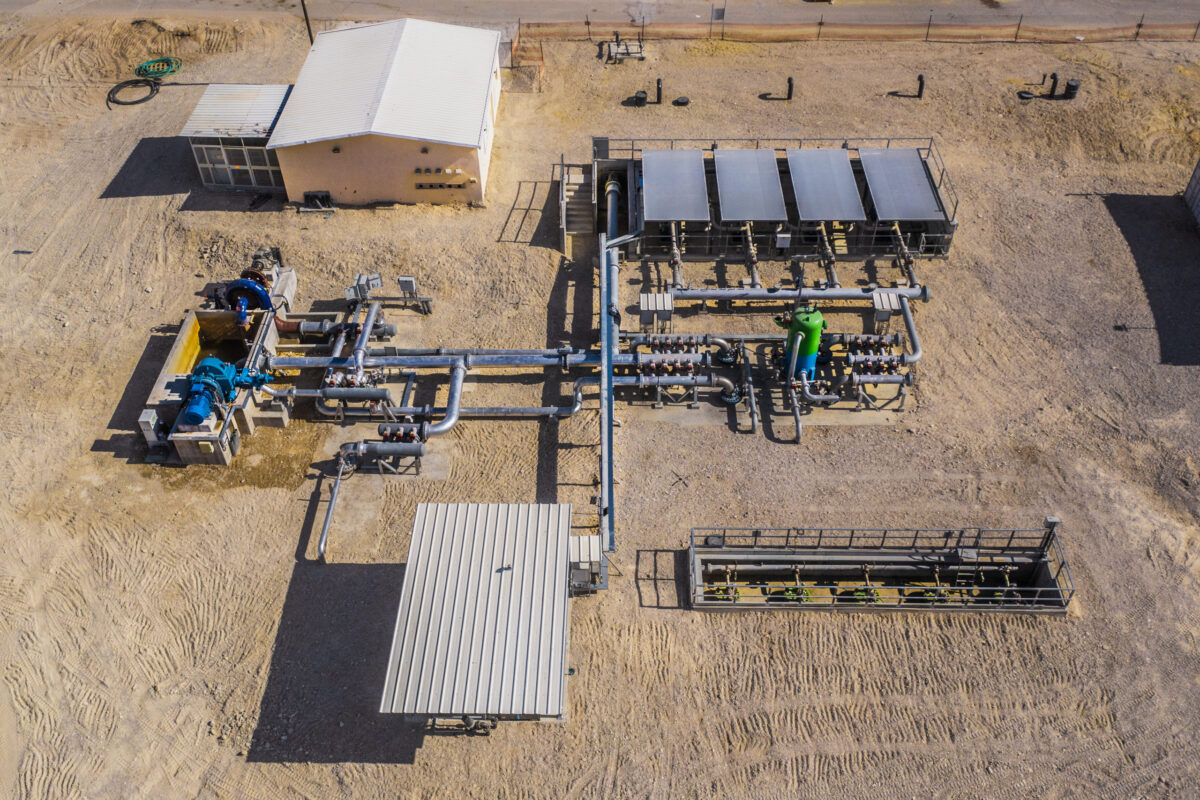Organic cathode materials, derived entirely from earth-abundant elements, could eliminate the use of critical metals, such as cobalt, and accelerate the adoption of lithium-ion batteries. However, they have not yet challenged inorganic cathodes due to their poor conductivity, low practical storage capacity, and poor cyclability.
Now, a group of MIT researchers has developed a layered organic electrode material which can compete with cobalt-based cathodes. The new material has shown high electrical conductivity, high storage capacity, and virtual insolubility in common battery electrolytes.
The new cathode delivers an energy density of 765 Wh/kg higher than most cobalt-based cathodes, and can charge-discharge in as little as six minutes. Its specific capacity stands at 306 mAh/g.
“These results demonstrate the operational competitiveness of sustainable organic electrode materials in practical batteries,” the researchers wrote in ACS Central Science.
The new cathode material consists of many layers of TAQ (bis-tetraaminobenzoquinone), an organic small molecule that contains three fused hexagonal rings.
Within the molecules are chemical groups called quinones, which are the electron reservoirs, and amines, which help the material to form strong hydrogen bonds. Those bonds make the material highly stable and also very insoluble, thereby extending its lifetime.
“One of the main methods of degradation for organic materials is that they simply dissolve into the battery electrolyte and cross over to the other side of the battery, essentially creating a short circuit,” said Mircea Dincă, the W.M. Keck Professor of Energy at MIT. “If you make the material completely insoluble, that process doesn’t happen, so we can go to over 2,000 charge cycles with minimal degradation.”
With quinones and amines as precursors, the primary materials needed to manufacture this type of cathode are already commercially available and produced in large quantities as commodity chemicals.
The researchers estimate that the cost of organic cathode-based batteries could be about one-third to one-half the cost of cobalt containing devices.
Italian luxury carmaker Lamborghini has funded the research project and licensed the patent on the technology.
This content is protected by copyright and may not be reused. If you want to cooperate with us and would like to reuse some of our content, please contact: editors@pv-magazine.com.




Felicidades, miembros de investigadores del MIT, en favor de la investigación, innovación y desarrollo tecnológico, para la electromovilidad sostenible.